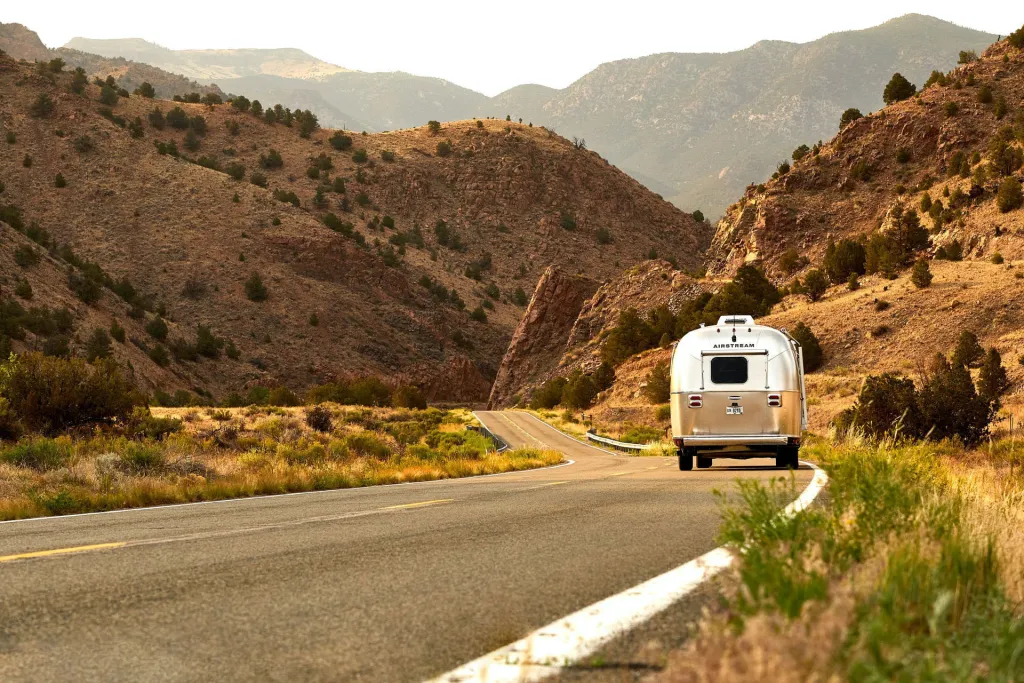
The call of the open road, the thrill of adventure, and the beauty of nature are the promises of RV travel. Whether you’re a seasoned camper looking to upgrade or a complete newbie to the world of recreational vehicles, here is everything you need to know.
Choosing Your RV
The first step on your RV adventure is selecting the right vehicle. RVs come in various shapes and sizes, from compact campervans to luxurious motorhomes. Your choice depends on your budget, travel style, and the number of travelers in your party. If you want to get your own RV and spread the costs, financing a vehicle is an option to consider. This can be done at Autofinanceonline.co.uk
- Class A Motorhomes
These are the giants of the RV world, often equipped with all the comforts of home. They are perfect for large families or those who prefer a more luxurious experience.
- Class B Campervans
Compact and easy to maneuver, campervans are a great choice for solo travelers or couples. They offer basic amenities in a smaller space.
- Class C Motorhomes
A mid-sized option, Class C motorhomes provide a good balance between space and maneuverability. They are ideal for small families or groups.
- Travel Trailers and Fifth Wheels
If you already have a suitable towing vehicle, these options allow you to tow your living space behind you. They come in various sizes and configurations, making it easier for newcomers to find the best RV for beginners that suits their needs.
- Pop-Up Trailers
These lightweight trailers are easy to tow and set up. They are a great choice for those who want a camping experience closer to nature.
- Truck Campers
Designed specifically to fit in the back of a pickup, truck campers are compact and versatile. They are a great choice for off-road adventures.
Planning Your Route
With your RV chosen, it’s time to plan your route. The beauty of RV travel is the flexibility it offers. You can go wherever the road takes you, but a little planning can enhance your experience.
- Research Campgrounds
Look for campgrounds and RV parks along your route. Some offer full hookups, while others provide a more rustic experience. Make reservations, if necessary, especially during peak travel seasons.
- Check RV-Friendly Stops
Plan stops at places that are RV-friendly, such as rest areas, fuel stations, and attractions with ample parking space.
- Plan Your Activities
Research the activities and attractions you want to explore at each destination. Whether it’s hiking, fishing, or visiting historical sites, having a plan ensures you make the most of your trip.
Packing Essentials
Packing for an RV trip is different from traditional travel. You have the luxury of space, but it’s important to be organized.
- Kitchen Essentials
RVs come equipped with kitchens, so pack utensils, cookware, and pantry staples. Don’t forget to bring a portable grill for outdoor cooking.
- Bedding and Linens
Pack sheets, blankets, and pillows for a comfortable night’s sleep. RV beds come in various sizes, so check what you’ll need in advance.
- Outdoor Gear
Depending on your planned activities, bring outdoor gear such as hiking boots, fishing rods, or bicycles.
- Basic Tools and Spare Parts
RVs can experience minor issues, so bring basic tools and spare parts to handle common repairs.
- First Aid Kit
Be prepared for minor accidents and injuries with a well-stocked first aid kit.
Hit the Road
With your RV packed and your route planned, it’s time to hit the road. Remember to take it slow, especially if you’re new to driving an RV. Allow time for breaks and enjoy the journey as much as the destination.
Whether you’re seeking the serenity of remote campsites or the excitement of bustling RV parks, the world is your oyster when you travel in an RV. So, grab the wheel, embrace the freedom of the open road, and let the great outdoors be your playground.